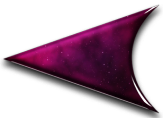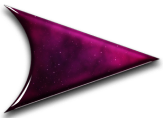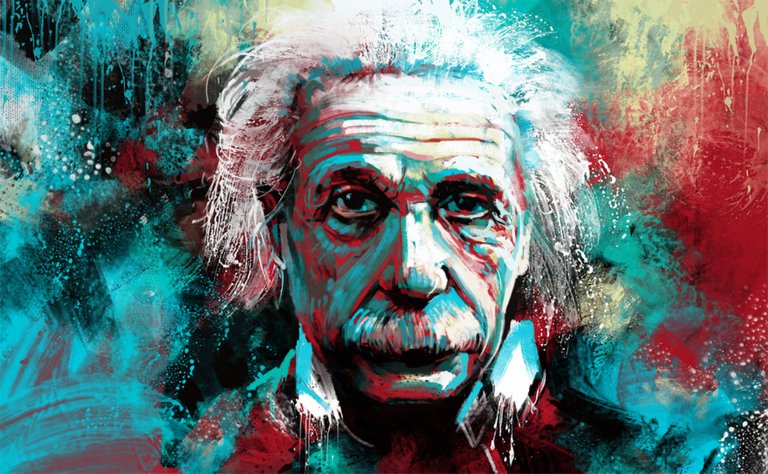What did Einstein's new theory have to offer that could not be explained by Newton's mechanistic ideas? An anomaly in the orbit of Mercury, the innermost planet of our solar system, had already been observed around the middle of the nineteenth century by the director of the Paris Observatory, and could not be explained according to Newton's formula. The orbit described a rosette around the sun called perihelion rotation. The deviation from the Newton calculation was small, 43 arc seconds in 100 years. And so the astronomers attributed the irregularity to a still undiscovered planet within the Mercury orbit or to an unevenly distributed solar mass.
Albert Einstein showed that the strange motion of Mercury was in harmony with his general theory of relativity and he was able to make another prediction. During a solar eclipse, according to his calculations, stars should be visible that are actually behind the sun, because their light in the gravitational field deflects our sun. In other words: the mass of the sun creates a curvature in its surroundings, which is hastened through by the light in a straight line.
Was Einstein's theory able to withstand this test? In 1919, there was a total solar eclipse in south Africa. The tension among physicists and astronomers was so great that two expeditions set out to check the Einstein predictions with corresponding telescopes. Both expeditions confirmed the theory remarkably well and the London Times celebrated this discovery with the headline Revolution in Science. New theory of space. Newton's ideas obsolete. Einstein's fame was sealed.
No, the journalists hadn't exaggerated. With his field equations, Einstein was able to make statements about the universe as a whole for the first time, because space geometry in his equations is determined by the material density contained in space. The density of matter, in turn, could be estimated from the number of stars and galaxies in the sky. This made it possible to draw conclusions about the structure of the universe. Einstein's calculations showed that the universe could not be static, as had always been assumed. It could only expand or contract.
And indeed in 1929 the astronomer Edwin Hubble discovered that the further away the stars are from us, the more the spectral lines in the light of the stars divide into the red range. Astronomers concluded that all galaxies were moving away from each other. The universe is expanding in all directions. But when our universe expands, it must have been united in the smallest space at some point.
That was about 15 to 18 billion years ago. In a single gigantic explosion, the contents of this cosmic fireball were hurled in all directions. After millions of years of expansion, the universe was a single blazing light. The matter cooled slowly and under the influence of gravity, billions of galaxies with their countless stars were formed. All observations so far confirm this theory of the Big Bang.
 Part 6Part 8
Part 6Part 8 






Catching up here. Einstein really was a force to reckon with. Years after he made these statements and conclusions about the galaxy, they still hold true even in such a dynamic, competitive world, and are remarkably genius to scholars today. It's amazing.
Quite interesting @oendertuerk, you mention things I've never heard of, Thank you...
A genius who lived in a time of so few resources, thanks @oendertuerk, for catching up...
Hi, @oendertuerk!
You just got a 1.24% upvote from SteemPlus!
To get higher upvotes, earn more SteemPlus Points (SPP). On your Steemit wallet, check your SPP balance and click on "How to earn SPP?" to find out all the ways to earn.
If you're not using SteemPlus yet, please check our last posts in here to see the many ways in which SteemPlus can improve your Steem experience on Steemit and Busy.
Your post was mentioned in the Steem Hit Parade in the following categories:Congratulations @oendertuerk!
Hi @oendertuerk!
Your UA account score is currently 4.913 which ranks you at #1209 across all Steem accounts.
Your rank has not changed in the last three days.Your post was upvoted by @steem-ua, new Steem dApp, using UserAuthority for algorithmic post curation!
In our last Algorithmic Curation Round, consisting of 202 contributions, your post is ranked at #30.
Evaluation of your UA score:
Feel free to join our @steem-ua Discord server